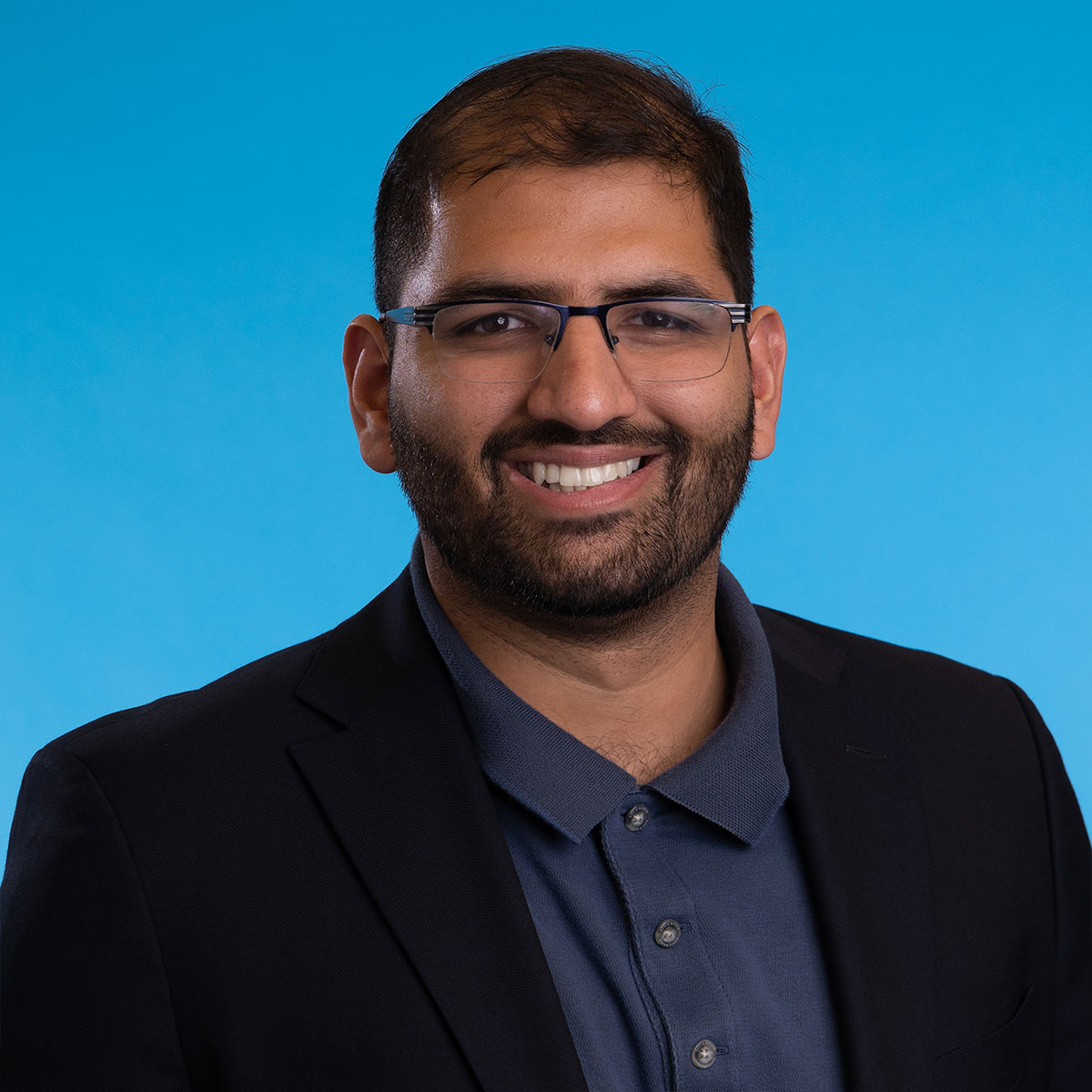Writing in the Hamilton Spectator, Islamic Relief Canada’s External Relations Coordinator Hassam Munir reflects on the ninth anniversary of the conflict in Syria amidst the coronavirus crisis.

As the world struggles to contain COVID-19, it has been described by many as an equalizer. It has shocked and humbled man, reminding us of our vulnerability to the forces of nature in spite of the long strides of progress that we have made.
It has blurred the boundaries and, in some cases, reversed the roles between the “first” and “third” world. It is teaching us to work together, as a human family, to ensure everyone’s health, safety and dignity.
But even as the shared struggle against COVID-19 brings us together, it is not an equalizer. Many of us who live in Canada, despite the difficulties we are facing, are supremely privileged. We have shelter in which to self-isolate, technology through which we can continue to work and study, loved ones whose company we can enjoy, one of the world’s best health-care systems, access to plenty of food, water and other essentials and so much more.
On March 15, as we were preoccupied with taking steps to protect ourselves and those around us from COVID-19, the ninth anniversary of the conflict in Syria quietly passed. Working for Islamic Relief Canada, a charity with a team of humanitarian workers on the ground in Syria, I have received increasingly worrying updates in recent weeks. Idlib, a city in northwestern Syria, was once known for its beautiful groves of olive trees and for producing handicrafts and carpets. After enduring nine years of a devastating conflict, the people of Idlib found themselves caught in crossfire as the conflict escalated even further.
Today, in a situation in which 1.5 million people rely on food aid and infrastructure has been destroyed, there are serious concerns about a potential outbreak of COVID-19 in the country. So far, no cases have been reported by the Syrian government. Flights from Iran, which has over 14,000 reported cases, are continuing to come in, and the World Health Organization has warned that the risk of the spread of COVID-19 is “very high” in Syria, especially since medication is in short supply and only half the public hospitals are fully functional.
In the Idlib region, the situation is even more difficult. The camps of internally displaced persons (IDPs) are overcrowded and lack hygiene facilities; self-isolation to try to contain the spread is effectively impossible. The health-care infrastructure can hardly care for the normal influx of the ill and injured. Considering that even a person who does not show any symptoms can pass on COVID-19 to someone else, the spread of COVID-19 here would be rampant and catastrophic.
Islamic Relief is one of the main providers of medical assistance in Idlib, supporting 80 health facilities, paying the salaries of over 150 medical staff and operating four emergency mobile clinics. The medical staff we support are some of the bravest people I have ever learned of. They risk their lives every day to tirelessly help save the lives of others. But the updates I have received recently do little to conceal their anxiety about how unprepared they are to respond to COVID-19.
It is difficult to describe what the Syrian people have endured over the past nine years and it is still unclear how long the conflict will continue. But my colleagues and I at Islamic Relief have seen the love and generosity that conscientious people from across the world, including many Canadians, have extended toward the Syrians in their time of need. Today, with the imminent threat of COVID-19, we can all feel their need more than ever before — and we need to do everything we can to support their health-care system before it’s too late.
Support Islamic Relief’s lifesaving work in Syria: donate to our Coronavirus Appeal now.










